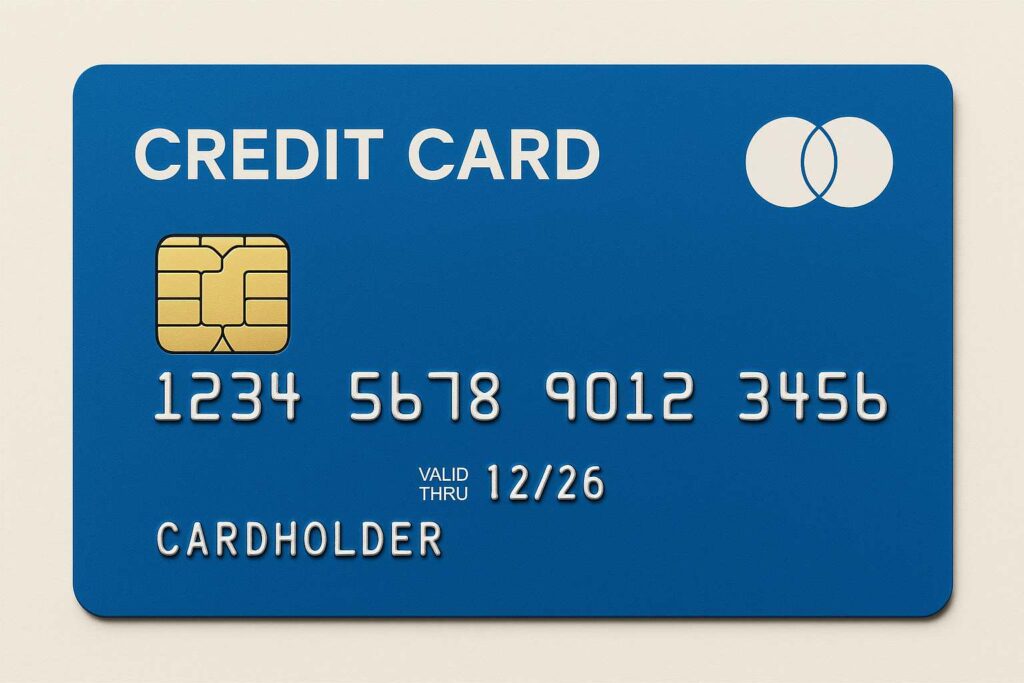Understanding Credit Scores: Your Financial Reputation Clarified
Your credit score is like your financial fingerprint; it is unique to you and follows you everywhere. When you need to borrow money, that magical number between 300 and 850 decides whether lenders will roll out the red carpet or slam the door in your face. Let us expose how these scores actually operate in simple English.

Your credit score comes down to one straightforward query:
“How likely is this person to pay back what they owe?” Five main elements let the system monitor your financial behaviour. Your payment history is the most important; skipping payments is like informing lenders you are untrustworthy. Then your credit use comes, a clever way of saying how much of your available credit you are really using. If you wish to appear responsible, keep those balances under 30% of your limitations.
Credit history’s duration:
first credit card you obtained in college really improves your score if you’ve maintained it in good standing. Having several sorts of credit—such as a mortgage running parallel to credit cards—shows you can manage several financial obligations. Applying for too much new credit all at once makes you appear desperate for cash, which lenders dislike.
FICO Ratings:
Given that 90% of lenders utilise them, FICO ratings are the gold standard. A more recent model that significantly varies in weighting is VantageScore, though. Both operate on the same 300-850 range, where anything above 740 is deemed outstanding and qualifies you for the greatest interest rates. Under 580? Borrowing will probably cost you more or result in outright denials.
The good news is that checking your own score doesn’t harm it; it’s only a myth. Many banks now offer free FICO score monitoring, and AnnualCreditReport.com lets you obtain free weekly credit reports. Concentrate on paying every payment on time (establish autopay if you’re forgetful), reduce credit card balances, and refrain from opening many new accounts simultaneously if your score is not where you would like it to be.
Credit Score:
Your credit score is not fixed; it evolves with your financial activity. Building good credit takes time, not a quick dash. Begin with modest, regular practices include paying payments on time and maintaining low credit card debt levels. Eventually, those responsible decisions accumulate to a score that opens doors rather than closes them. When you are being approved for your dream home or car with excellent terms rather than battling with denials and sky-high interest rates, your future self will thank you.
Ultimately, your credit score is only a tool—one you can learn to use to your benefit. Understanding how it functions puts you already ahead of most others. You literally have the ability to create good credit in your hands—and in your wallet.